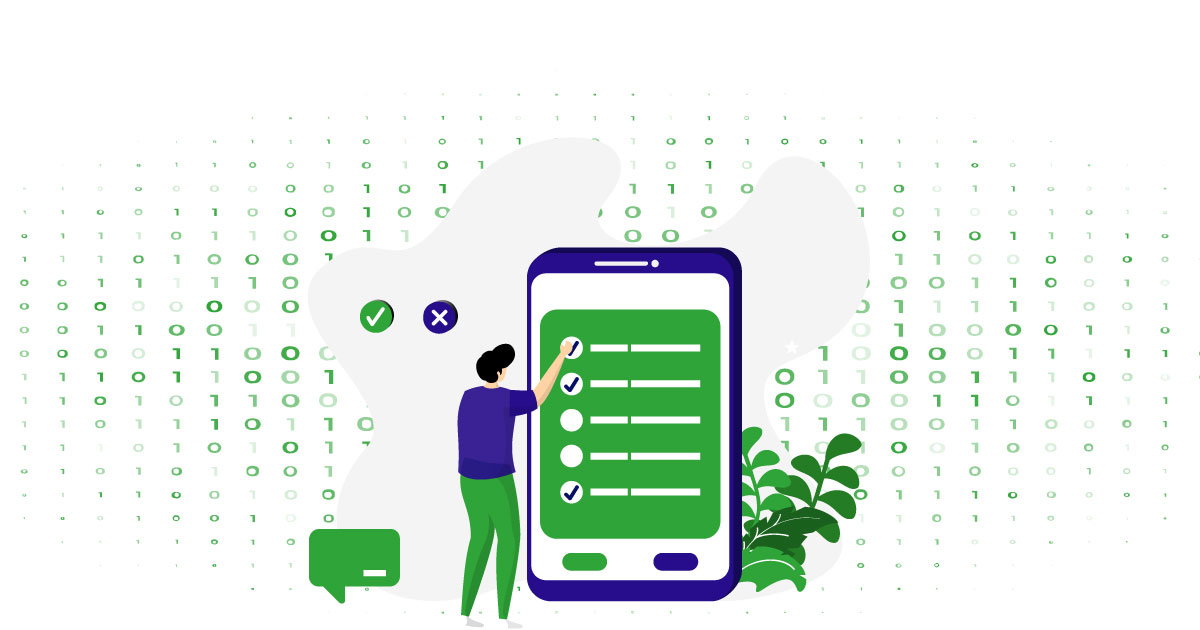It might have been a game, a quiz, a personal thought, or just a slow conversation between you and your best friend, out on the porch, during a summer Sunday afternoon. Whatever the occasion was, we have all been asked the same question, or just considered it within.
If you could change one thing in the world, what would that be?
So when that comes up, we all try to name one thing, something that would naturally affect other things, effectively serving as a chain reaction. Among the many, many things (like many) people would change in the world, one of the predominant answers is inequalities. And it is easy to understand why. Because the moment that this concept goes out of the way, everything starts getting better. Job opportunities, quality of life, basic necessities availability, societal divides. And that thought, applies all around the world.
Doing Something
DigEqual was inspired on this exact mindset. Equality for all, not just for the sake of it, but because it changes people’s lives, it moves the world forward. And especially in today’s worlds, where everything has gone digital, the lack of the related skills and trust on on-line services, equals more obstacles in real life. Combine that with a lack of strategic educational methods on e-government, and digital in general, services, and it is easily understood how the demand for a project such as DigEqual was created.
DigEqual is an Erasmus+ project, focusing on creating a bridge between adults who suffer from digital exclusion and e-government services, while at the same time working on adult educators’ skills and competencies. A basic aim of the project is to tackle the effects of the digital divide. A rather interesting terminology, that describes the gap between people using e-government services and the benefits the enjoy, and the people that, for a number of reasons, avoid them. There are 3 levels of digital divide.
Τhe 1st one describes the access to electronic devices, such as smartphones, tablets, and computers, the 2nd refers to the skills and competences required in order to use such services, as well as the trust inspired to users, and of course, the 3rd level of digital divide. Here, we are not examining access to devices, or the skills required to use the above mentioned services, but rather the everyday benefits that people who use digital services enjoy, compared to those who do not. Better time and money management, which leads to overall higher everyday-life quality that is. People using e-government services, do not need to spend hours and hours going around offices of the public authority, usually wasting time because of the wearied-out methods and ways; it is now a matter of a few minutes, for a process that can be easily carried out from the comfort of our own homes.
Results, not words
No change derives from words only, and this is why DigEqual has a fully-fledged workplan on how to proceed with achieving its goals and objectives. From a digital educational program focused on educators, in order to assist them with their curriculum, to interactive web-apps based on real-life scenarios faced by adults, the following constitute the results to be produced through-out the project:
- Digital Training Program for adult educators
Development of the conceptual background and a methodology for adult educational centres and their educators, to support their work with low-skilled and low qualified adults. A framework developed to offer guidance to adult educators, on how to tackle the effects of the 2nd and 3rd levels of digital divide.
- Digital Educational courses
- A preparatory course on a context-based approach and e-government for adult educators, which aims at introducing them to a proficient use of online services and training procedures.
- A context-based course on e-government and digital skills targeting at low-skiled and low-qualified adults, which focuses on different contexts of e-government on adults lives.
- e-government services simulation interactive web-app.
A quest-based web app for adults, through which they will be able to reflect on how life with and without e-government services is, through everyday scenarios and contexts that are familiar to them. Users will be able to embrace the positives of e-government services usage and build confidence on its aspects.
The Partnership
There are 6 organizations from 6 different countries around Europe working on the project:
- Polygonal – Italy
- Eurosuccess – Cyprus
- DomSpain – Spain
- p-consulting.gr – Greece
- Wisamar – Germany
- University of Aveiro – Portugal
Target Groups
It might seem strange to speak about digital inequalities in 2022, where everything has a digital version of itself. It is a fact however that not everybody is in tune with the digital ways. Below are the networks directly involved in the project and its activities, through which DigEqual will acquire flesh and bones:
Primary
- adult educators with little knowledge on e-government services.
- adults who are involved in our activities or who suffer from digital exclusion.
- adults with difficult social-economic background (loneliness, women, low wage).
- partner organizations’ educational staff working on adult training/inclusion.
Secondary
- educational centers and other organizations working in the field of adult support & adult involvement.
- Associated partners’ target groups & staff.
Relevant Stakeholders
- policy makers in the field of long-life learning and permanent learning (e.g., social welfare departments of municipalities, regional bodies working in social inclusion).
- other second-level organizations representing adults (unions, representative bodies of social clubs etc.).
A digital world is around the corner, not to threaten the real one, but rather make it a bit better and inclusive. Let’s embrace it!
Stick around, more’s coming!


